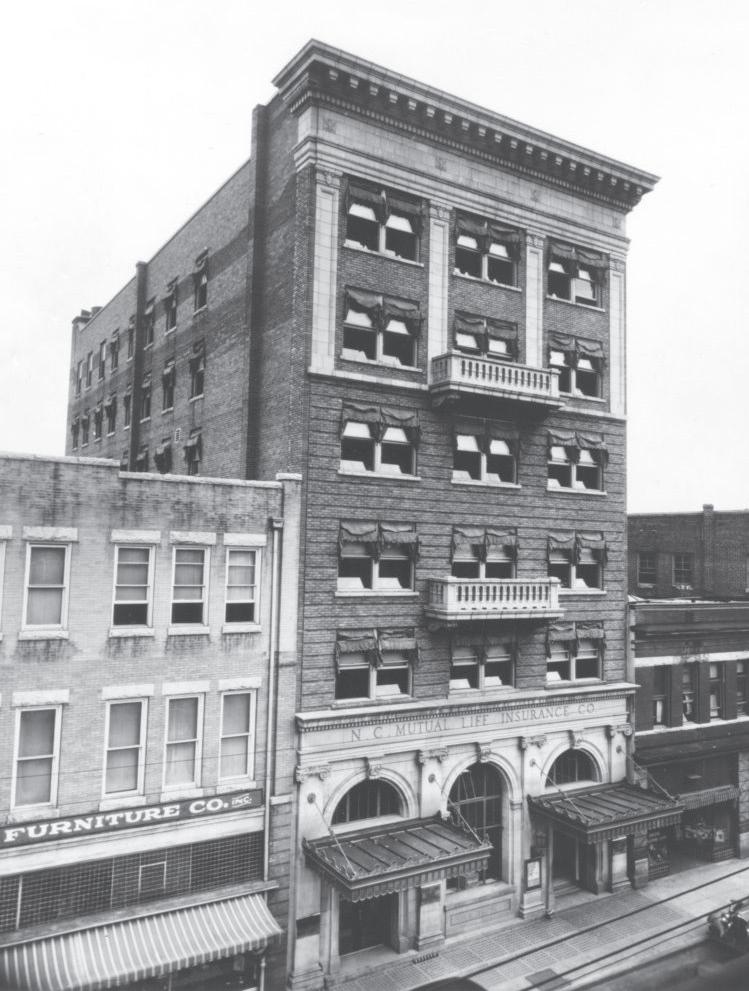
3 minute read
National Institute of Minority Economic Development
By Sonja Whitemon
The hurdles that face minority business owners are countless: operating costs, raising capital, attracting customers. Throw in a worldwide pandemic and what’s an entrepreneur to do? Where there are challenges, there are also opportunities. The National Institute of Minority Economic Development is helping minority and women-owned businesses to weather traditional business challenges and survive and recover from the economic impact of the pandemic.
The nonprofit was created in 1986 as The North Carolina Institute of Minority Economic Development with the goal to diversify North Carolina’s business base as a strategy for expanding economic opportunities. Thirty-six years later, the organization covers five states and Washington, D.C., and is called the National Institute of Minority Economic Development. Now led by President and CEO Kevin Price, the institute supports North Carolina, Virginia, West Virginia, Kentucky, Maryland and Washington, D.C. Although the organization has a new name, the mission is the same.
“We address policy-related issues that may adversely impact minorities and women. We also educate the community about how those [policy issues] impact minority and [female] populations. And we educate minority and women-owned businesses — providing technical assistance around how to grow and scale their businesses and connect with corporate procurement,” said Price. “And then, lastly,” he added “it’s important that we provide economic opportunities–whether it’s grants or whether it’s loans. I don’t know of another nonprofit that has as holistic an approach in this region, let alone in the state of North Carolina.”
The institute’s Center for Entrepreneurship operates Women’s Business Centers in Charlotte, Durham and Greensboro in North Carolina, and in Richmond, Virginia. Women’s Business Centers are funded throughout the country by the SBA and support both women and minority-owned businesses. The centers offer tools and support to both minority and women-owned businesses to stabilize their companies, generate sustainable profits, strategize for growth, and to contribute to the growth and economic development of their communities.
Through the Women’s Business Centers, the institute has the only Small Business Transportation Resource Center for the Southeast. With its partnership with the Department of Transportation, they are helping entrepreneurs in any of its five states and Washington, D.C., to land subcontracts on projects funded by President Biden’s $2.9 billion Bipartisan Infrastructure Law. These projects have an MWBE-certification requirement, so the institute pairs eligible businesses with large entities that need subcontractors. When needed, they also provide bonding support.
After the pandemic hit, Price says large corporations and municipalities were reaching out to hire minority subcontractors but often found them to be too small to handle their jobs. The Center for Community Investment is the nonprofit’s way of providing financial resources through loans and equity to those businesses. It established Institute Capital to provide that funding. “Last year, we made over $5 million in loans over 6 months,” says Price. Their goal for next year–$10 million. And the next phase of RetoolNC grants will be $9 million.
The organization’s fourth line of business is the Center for Professional Services. It creates supplier inclusion, diversity equity inclusion, and operates an executive management education institute to not only support the minority businesses but also connect them with corporations that can buy their products and services. “It’s not enough to build capacity,” says Price “if they still can’t grow their revenue.”
The National Institute for Minority Economic Development is housed in the historic Parrish Street building in Durham, North Carolina. The 100-year-old building was at the center of Durham’s “Black Wall Street.” It was built by North Carolina Mutual Insurance Company, one of the nation’s largest companies founded and owned by African Americans. The building has been owned by minorities ever since. The building was declared a National Historic Landmark in 1975.
To reach the National Institute of Minority Economic Development, go to: TheInstituteNC.org. P

The offices of the National Institute for Minority Economic Development are in the historic Parrish Street building in Durham. Kevin Price, President and CEO of the National Institute of Minority Economic Development










